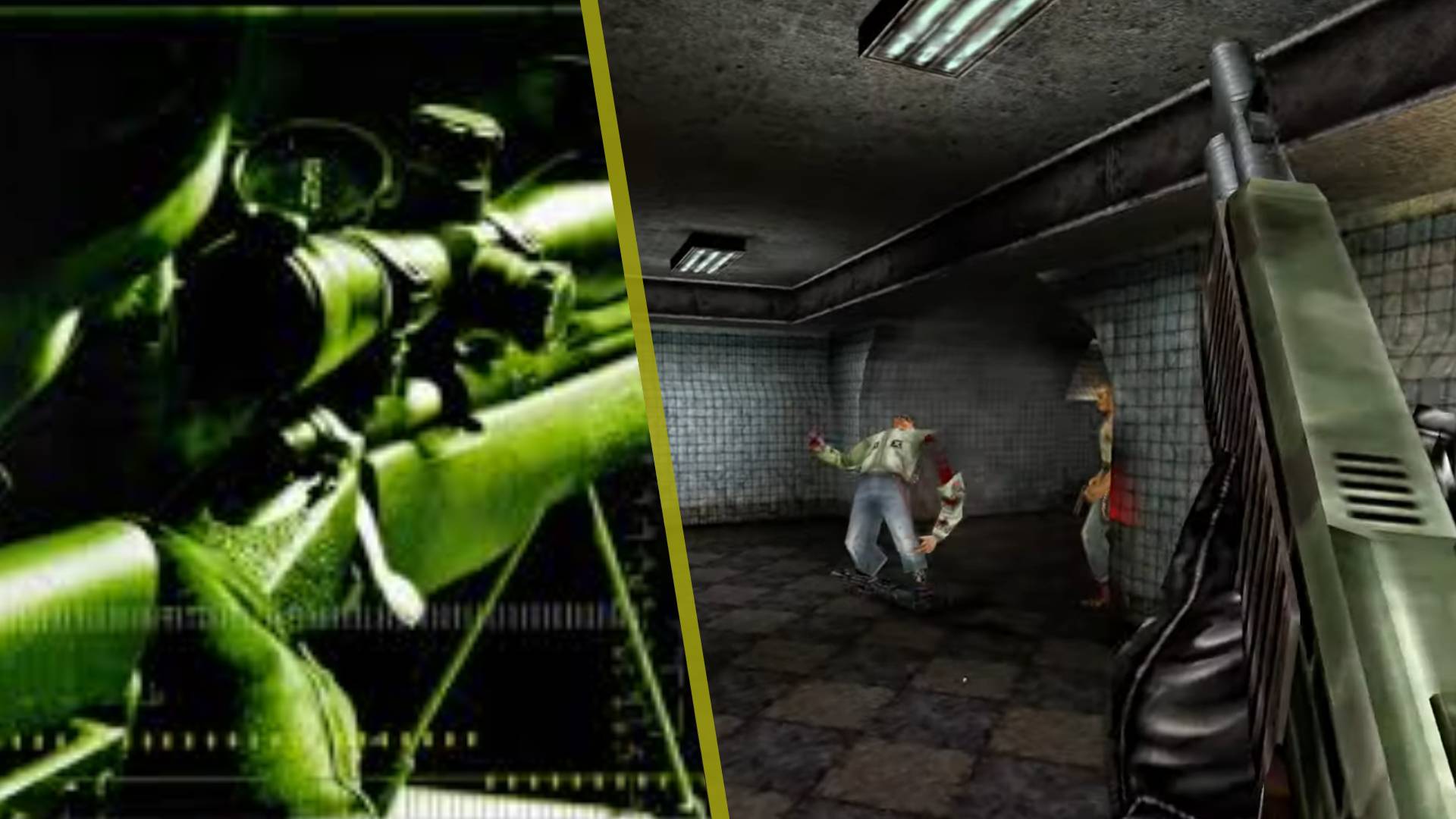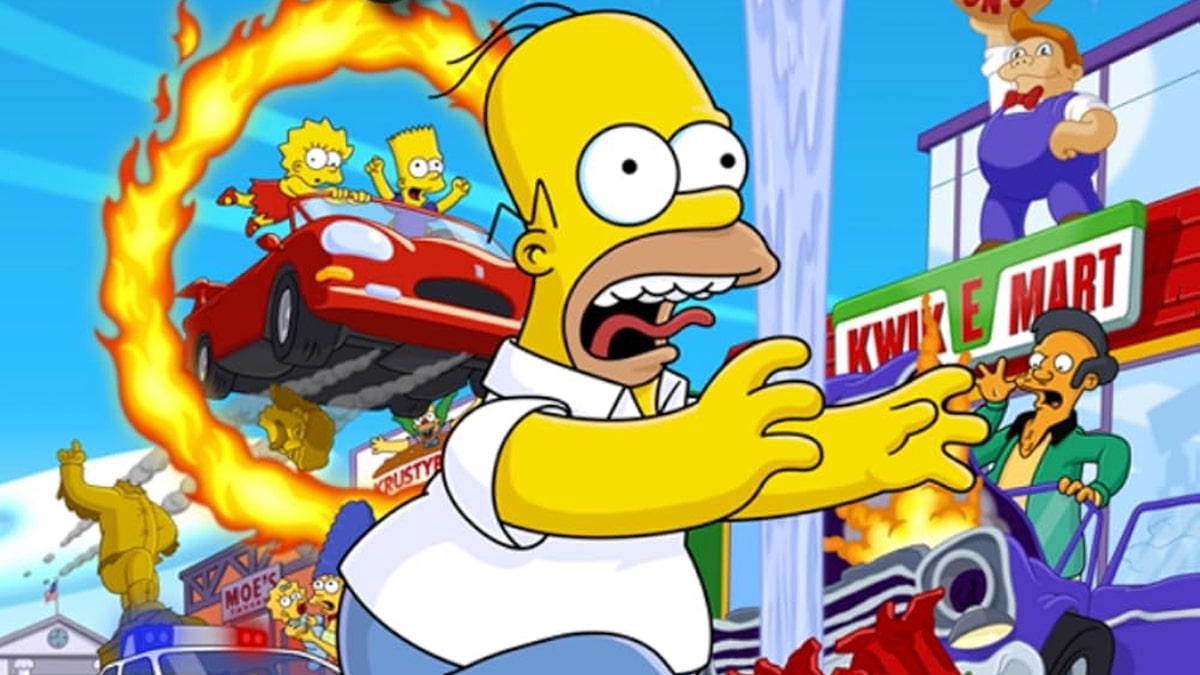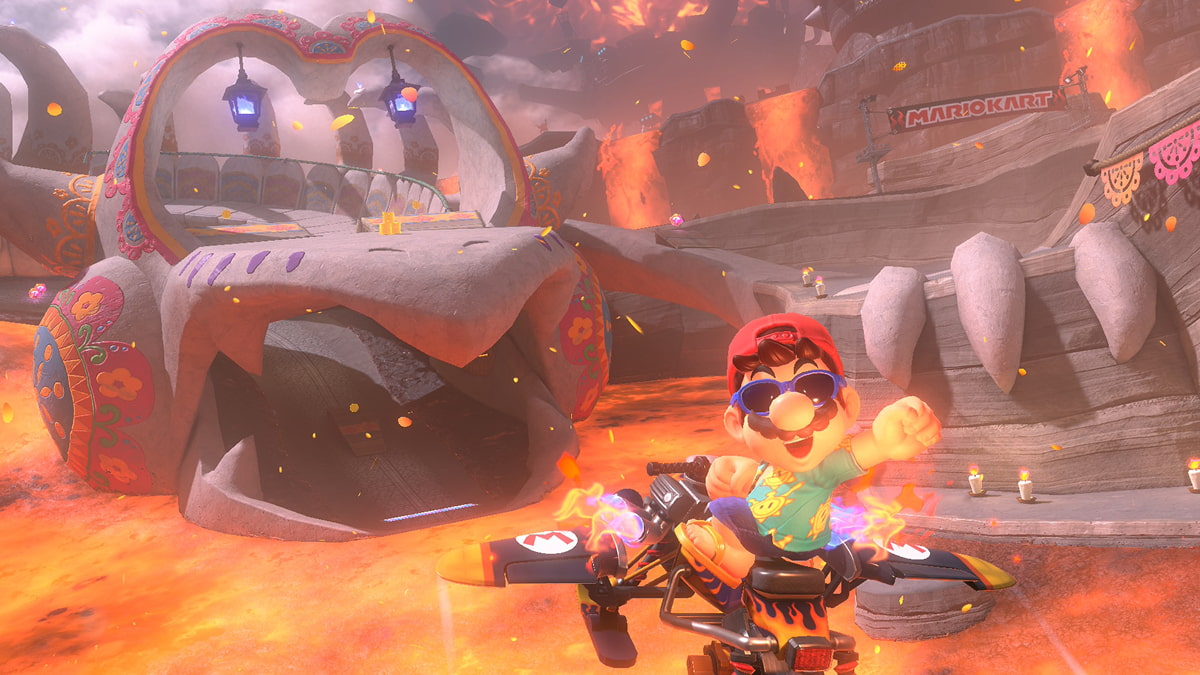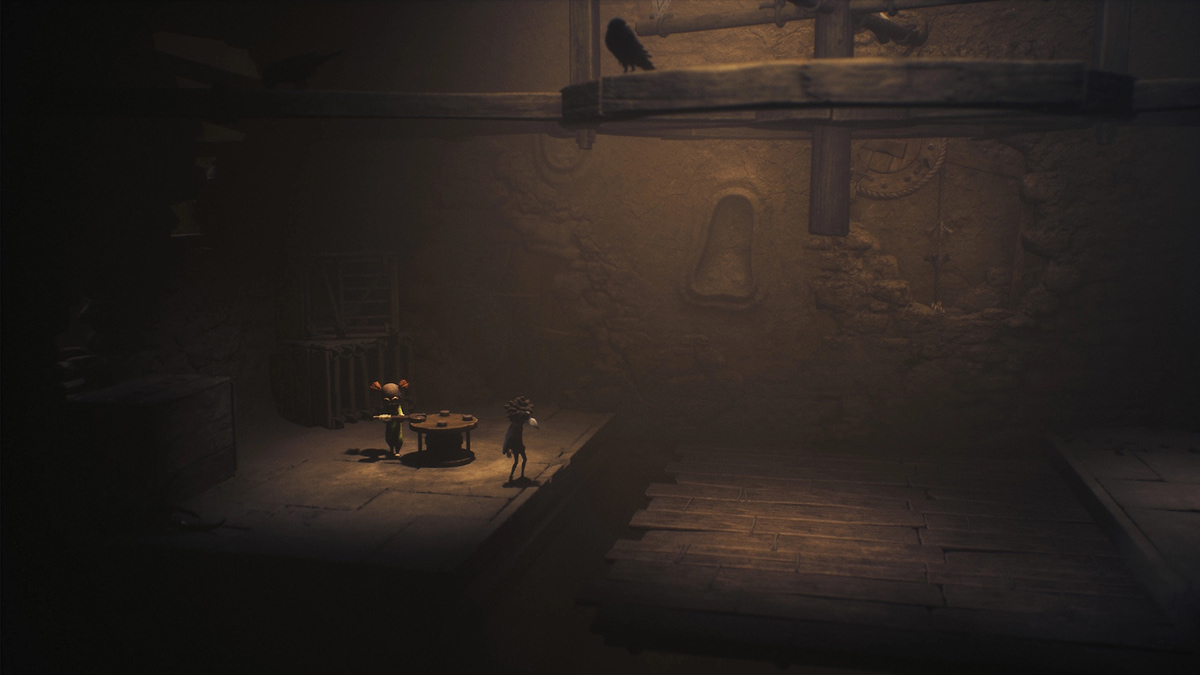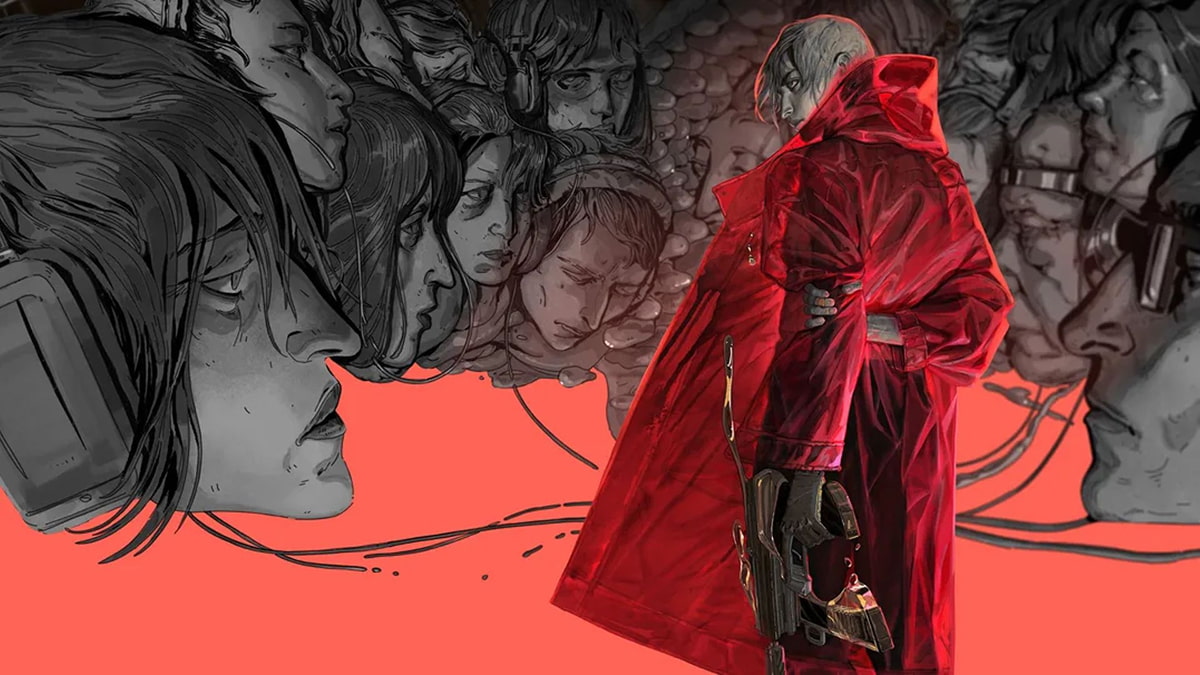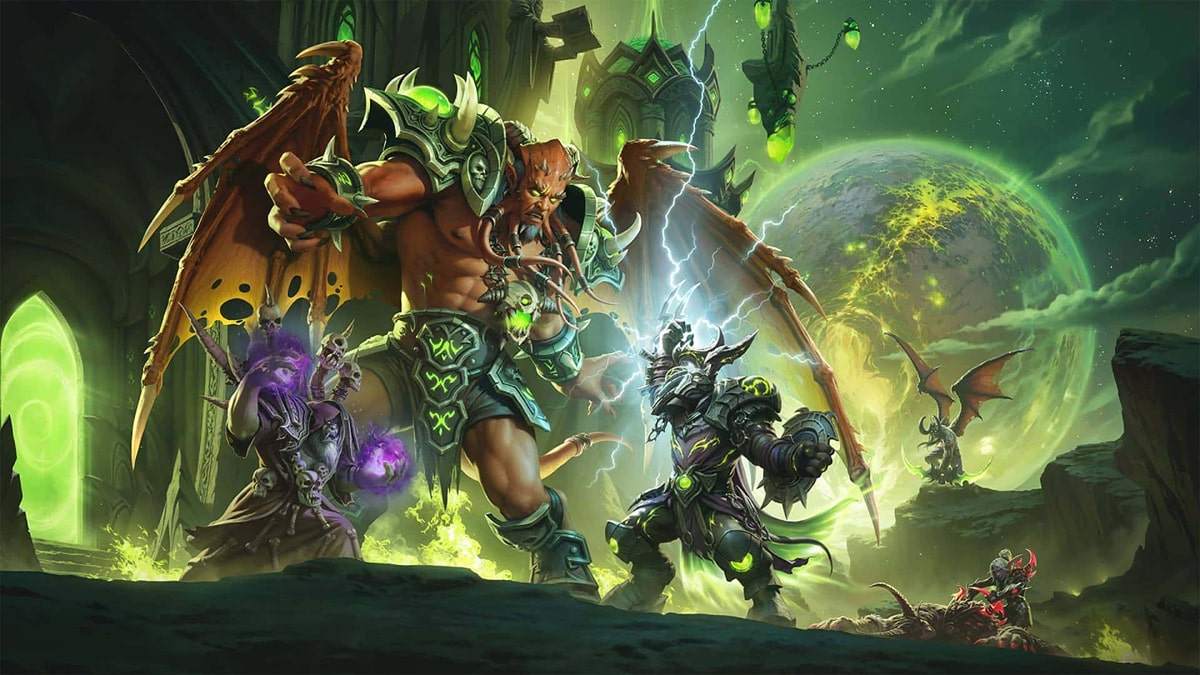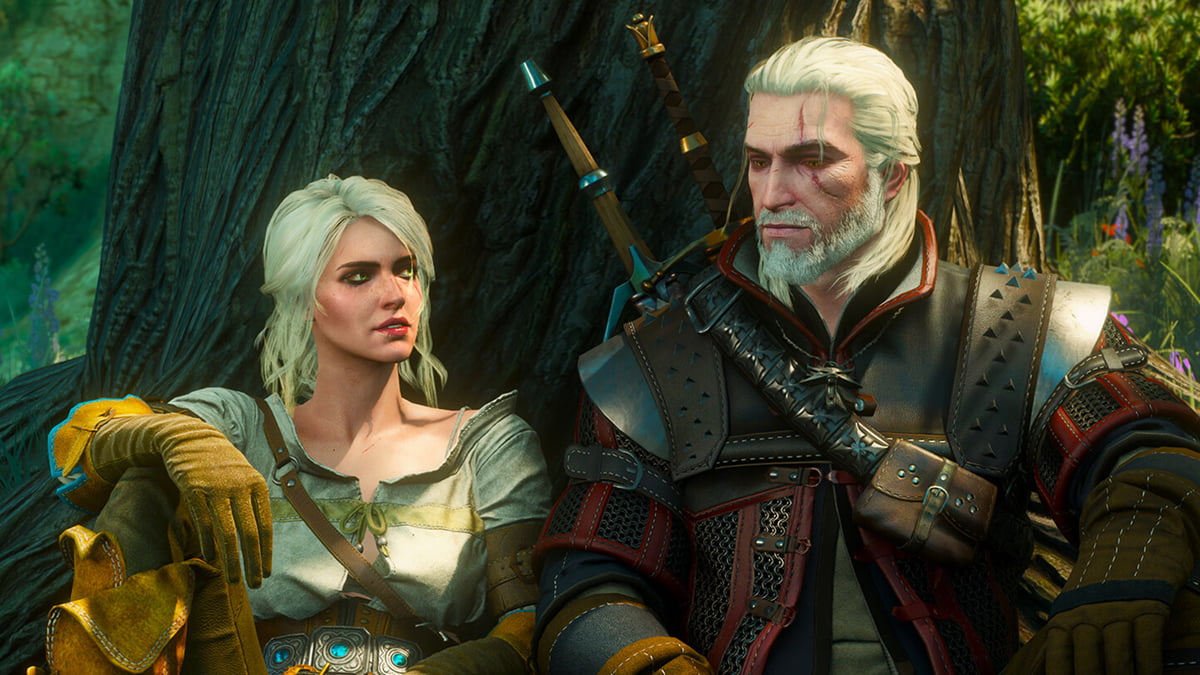You can trust VideoGamer. Our team of gaming experts spend hours testing and reviewing the latest games, to ensure you're reading the most comprehensive guide possible. Rest assured, all imagery and advice is unique and original. Check out how we test and review games here
The stellar team at Nightdive Studios have committed themselves to remastering a slew of 90s and early 2000s classics for a modern audience. Just last week, the team released their stellar remaster of System Shock 2, and the team has a tonne of additional projects in the works.
Speaking to VideoGamer for an upcoming episode of our interview series on the VideoGamer Podcast, Nightdive Studios Vice President of Business Development Larry Kuperman sat down to discuss the trials and tribulations of actually bringing games back from the dead.
During the upcoming episode, Kuperman revealed that one game Nightdive attempted to bring back was the once-controversial gore-filled military shooter Soldier of Fortune. First released at the turn of the millennium, the Raven Software developed shooter was renowned for its GHOUL Engine that allowed for extreme violence against enemies.
“We did take a stab at it [bringing back Soldier of Fortune],” Kuperman told VideoGamer. “I don’t recall why, but there were at least some contractual issues, some rights issues around that.”
In the interview, Kuperman explained that bringing back games from just 20 or 30 years ago is incredibly difficult. While Nightdive Studios is now releasing quite a fair amount of great-quality remasters, getting permission to work on these games is hard.
“The question that comes up is if it’s a consecutive a chain of ownership,” Kuperman explained. “If there’s a lapse in those. If you have a contract from 2001 and then something from 2009, if there were things done in the middle… there’s a lot of complexity to it.”
Using Star Wars Dark Forces Remastered as an example, the project seems like an easy done-deal. The game was developed in-house at LucasArts which was owned by LucasFilm, which was bought by Disney. However, the music was composed by Clint Bajakian, but who actually owned that music? This is just a bit of the, as Kuperman puts it, “minutiae” of bringing back classic games.
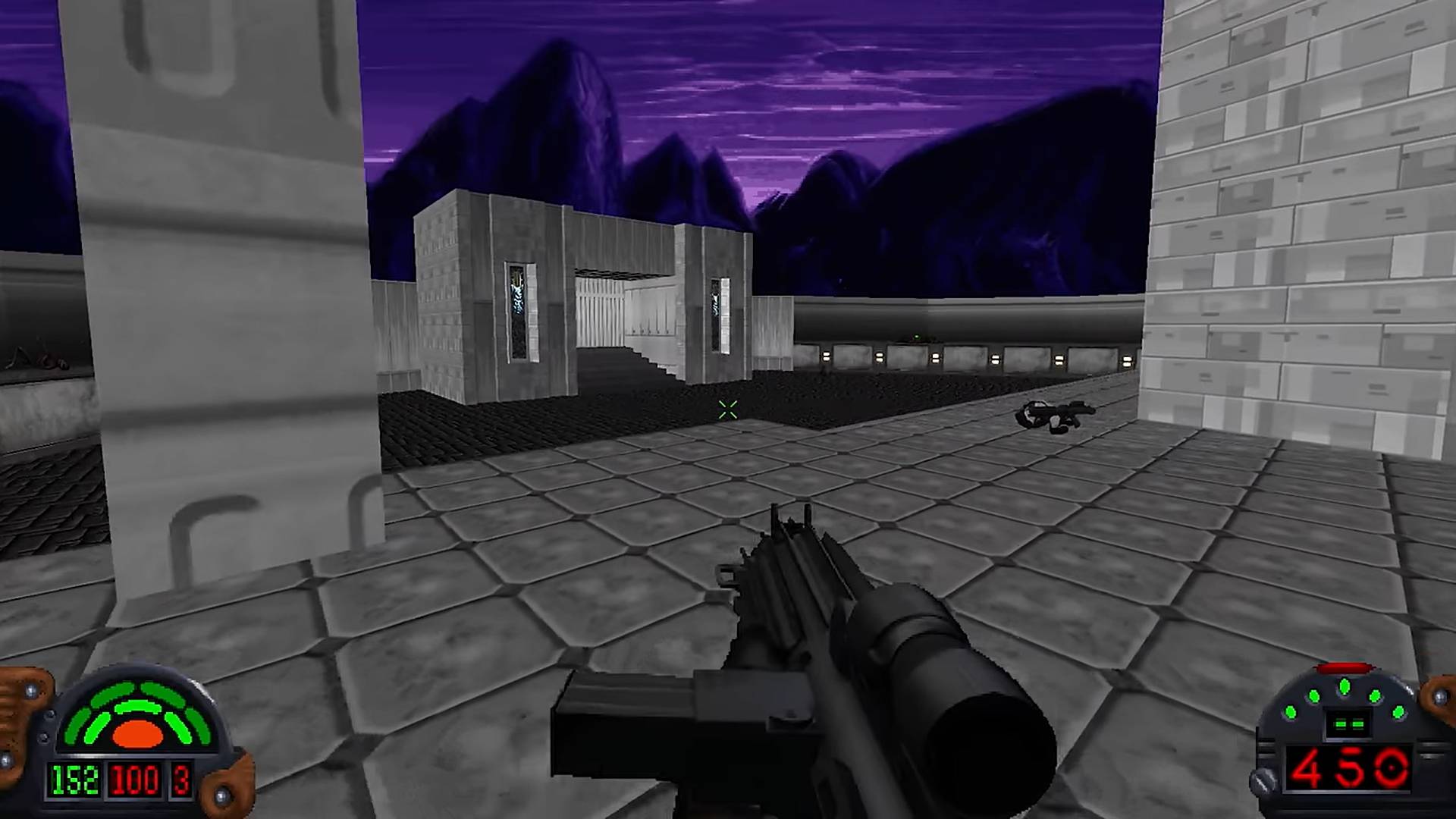
“Someone did the music for those games. Do the musical rights accompany the game rights?” Kuperman said. “In other words, did the company that made the game purchase the music? Was it done under a work-for-hire agreement where your work now belongs to us? Or was it the composer that owns the tracks that they’ve made?.”
“When someone goes to remaster, they now have that challenge,” he continued. “How about video games that featured real people in them [like FMVs in Killing Time]?”
Creating a remaster isn’t as simple as going up to a company and saying, ‘Hello, we would like to remaster your game.’ As Kuperman explains, a lot of studios didn’t even keep the files for their older software, and a lot of the job at Nightdive isn’t just bringing back old games, but actually figuring out how to bring them back in the first place.
Production at Nightdive Studios has ramped up significantly over the past years with remasters, re-releases and even full remakes like the amazing System Shock remake. The studio is far from done, and there’s a tonne of exciting projects in the works.
